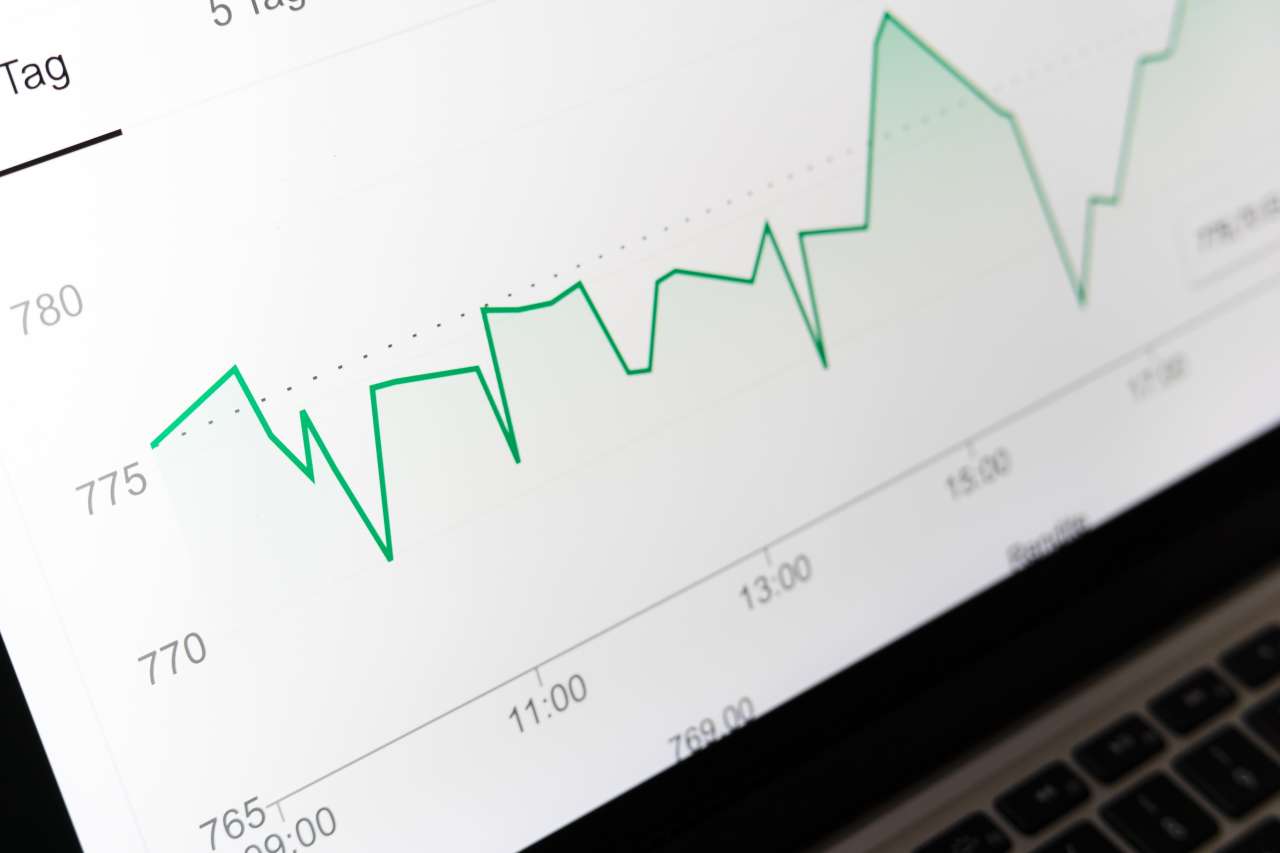Education
What is EBITDA?
5 Aug 2021
The acronym EBITDA stands for ‘earnings before interest, taxes, depreciation and amortisation’. It’s a metric business owners use to look at their operating performance. EBITDA can be considered as a substitute for cash flow for businesses to help them understand their current financial performance.

What is EBITDA used for?
As a business owner, you may use EBITDA to measure the financial performance of your business as it will help you understand your own profitability. It can even be used to attract investors to your business as it gives a very accurate indication of how financially viable your business is.
EBITDA is used instead of 'net profit' as it can be used to analyze and compare profitability among companies and different industries. Using EBITDA removes the effects of financing and CAPEX.
Why is EBITDA important?
As a business owner, understanding your own assessed ‘worth’ or profitability is really important for understanding what works and what might need reviewing as well as the areas within the business that might need investing in. Whilst the EBITDA margins provide a short-term view of operations, the metric is often more accurate than other business forecasts such as cash flow, for transparency of business performance.
A key feature about the EBITDA is that as well as taxes, it doesn’t include expenses outside the day-to-day running of a business like a one-off purchase or interest on any business debt.
It also doesn’t include some non-cash expenses that you have the choice over e.g whether you choose to buy something ad hoc or use a loan to help your business. This also means that as a business, you have a clear picture of your finances and overall business performance.
Using EBITDA is a fair and accurate way to compare the profitability of a consultancy business with no assets and a manufacturing firm with plenty of hard assets or machinery, despite their businesses being very different.

Why do lenders use EBITDA?
When it comes to gaining support from investors, having an EBITDA is really useful as investors can compare your business performance with any others they’re looking to support. As the metric ignores costs for tax and interest, it gives greater insight into how much cash is generated- perfect for investors who want to ensure their capital is going to be safe.
Before investing in any business, investors have to have a holistic view of a business’s performance so they’ll need a more holistic perspective looking at cash flow, net income and general financial strength to develop enough understanding.
Understanding cash flow and EBITDA can feel overwhelming but knowing your company’s current cash flow situation is an important part of running a business. Calculating your cash flow can prove to be highly valuable for your company’s future and helps you avoid any financial issues further down the road.
If you’re a business owner looking to boost your cash flow, our Business Finance Experts are here for you. Start your journey towards a better funding future today.
Subscribe to our newsletter today
Sign up for the best of Funding Options sent straight to your inbox.
